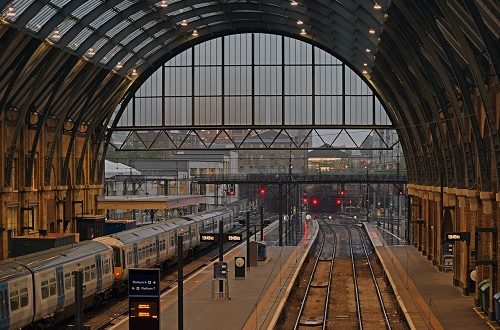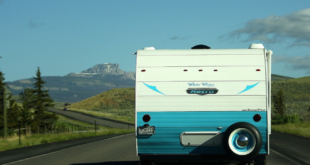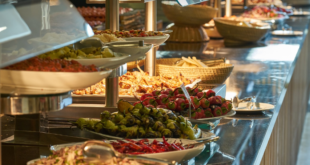30th November 2018
Following this morning’s announcement that fares will rise by an average of 3.1% in January, across all media, there is anger. This follows a year of chaos on the rails.
2018 Rail’s Annus Horribilis
2018 is a year to remember on our rail network for all the wrong reasons:
In May, a new timetable introduction was badly botched, leading to cancellations and even the suspension of some services. Govia Thameslink in the South and Northern Rail were the worst affected. Whilst the lack of drivers was a key reason, it also highlighted poor liaison between the private operators and Network Rail who are responsible for the infrastructure.
Passengers again on Northern and on Southern and South Western Trains have had to suffer cancellations due to RMT strikes over their claim to retain the role of guards.
Network Rail, the government owned organisation have had a disastrous time. Cost and time overruns seem to be the norm. Things got so bad on the Great Western electrification that plans for other upgrades are on hold. They have been responsible for many of the delays which are the worse for many years falling to 85.6% below the conservative target og only 92.5%.
2019 Fare Increase
Both politicians and passenger groups have reacted to the planned rise. Many commuters have no other choice than to travel by train, for many the service in 2018 has been terrible, now they are hit with an increase higher than wage inflation. Adding insult is the use of the RPI index rather than the wider CPI which is lower. For many it seems, however badly they perform, they get their rewards.
Britain’s rail fares are widely reported as being the highest in Europe and many would say for worse services. Politicians and rail leaders argue that investment in the system is at the highest level since they were built. Also, new rolling stock is being introduced.
It also highlights the lack of government strategy to housing and commuting. The pressure on cities for housing will ease if people live further out. Yet longer distance commuters are seen as cash cows. Season Tickets from growth town Swindon to London will rise close to £10,000.
Futures
The Labour Party are promising to renationalise the railways if they regain power. Is this the answer?
Sorry, I’m not going to answer the question, here though are some observations:
- Network Rail is already government owned and account for about 38% of rail expenditure
- Network Rail are responsible for investment cost overruns and many of the delays
- Rail usage under privatisation has increased dramatically
- Industrial unrest is widespread, some rail operators worse that others
- Passenger relations seem poor on many routes
- Relations between the private operators and Network Rail could be better
- Unions seem reluctant to accept new working practises
From a usage angle, our railways in recent years are a success. More people on trains equals less on the road. The system belatedly is getting new investment; electrification, updated signalling and track as well as new trains. Line and station reopening is welcome.
On the negative side, train travel is seen as expensive, poor value for money and unreliable. All too often travellers are promised it’s getting better but in practice don’t witness it.
 Travellers Club The Travellers Club, a free to join on-line club for everyone who loves to travel.
Travellers Club The Travellers Club, a free to join on-line club for everyone who loves to travel.








